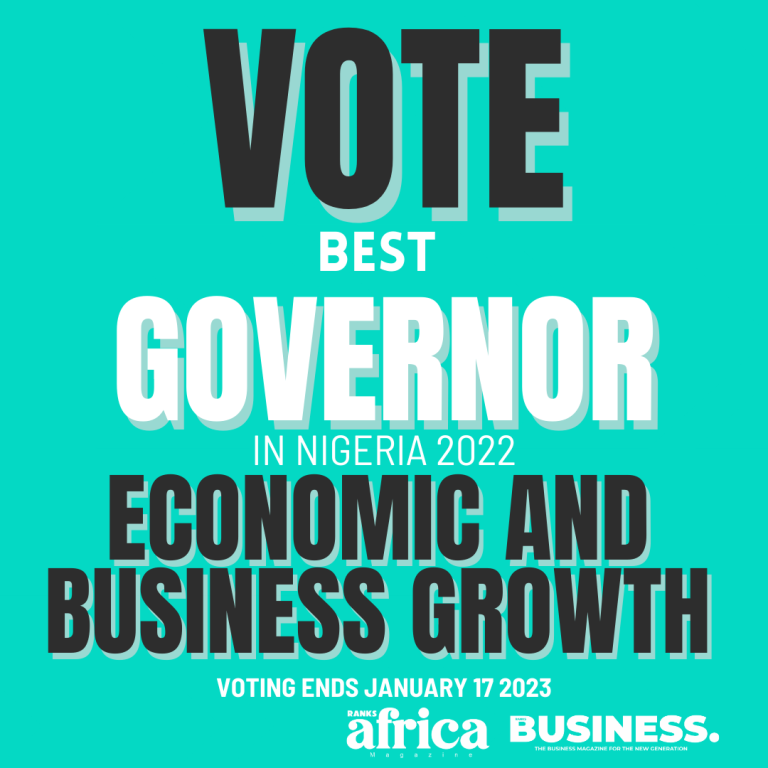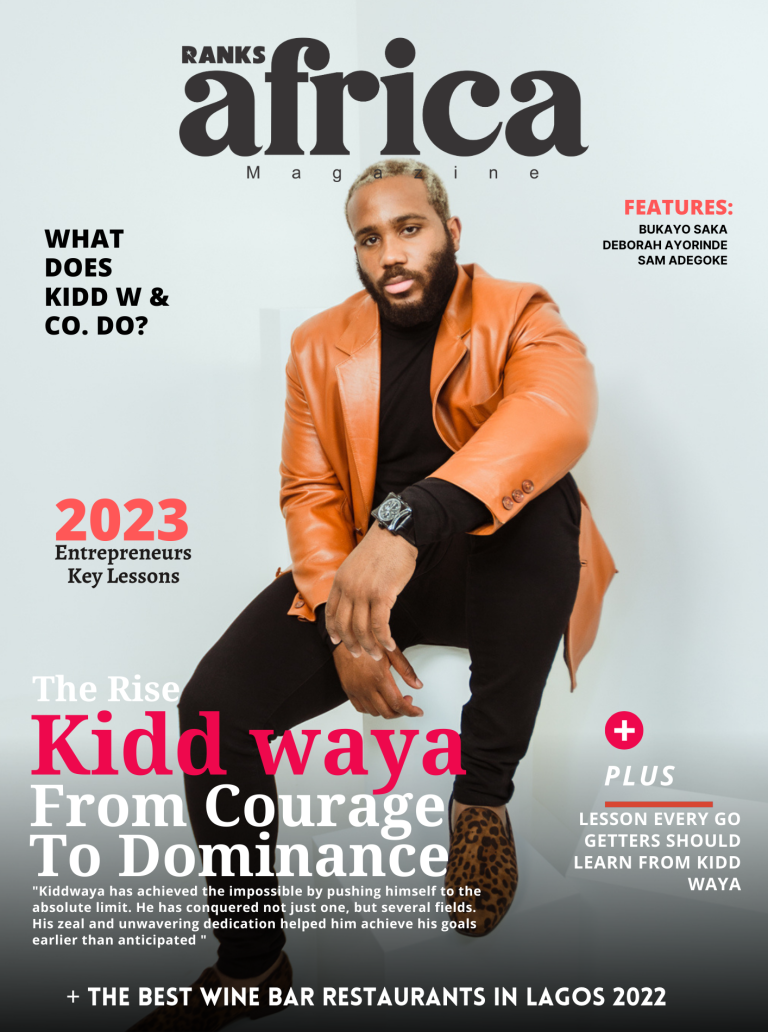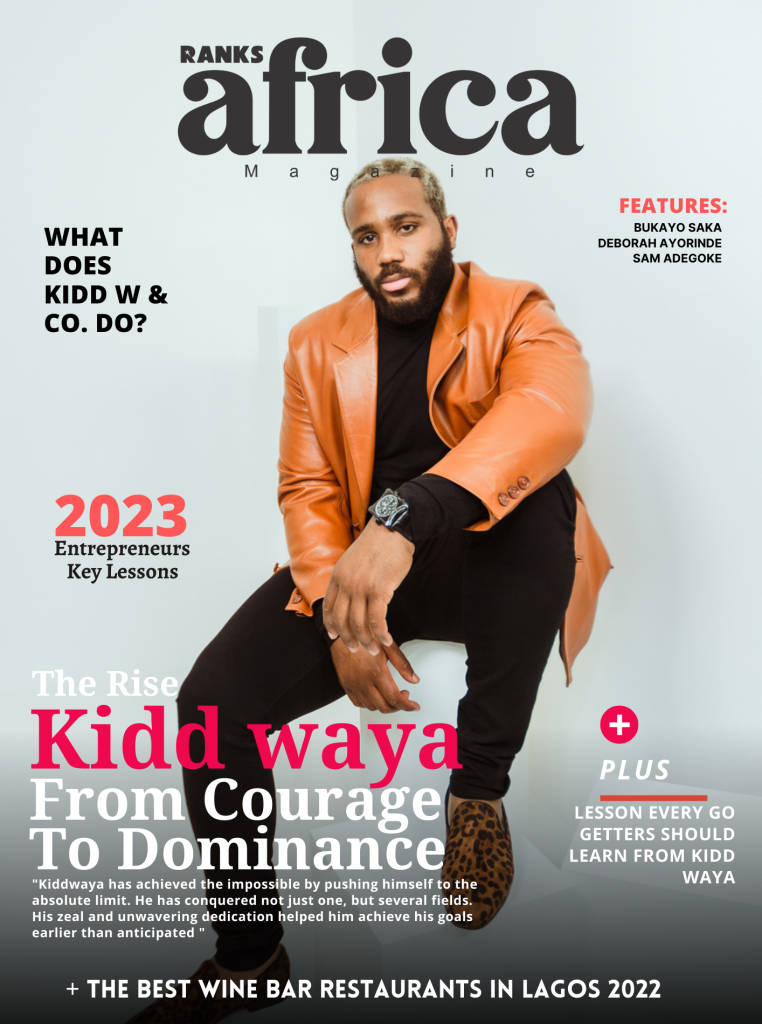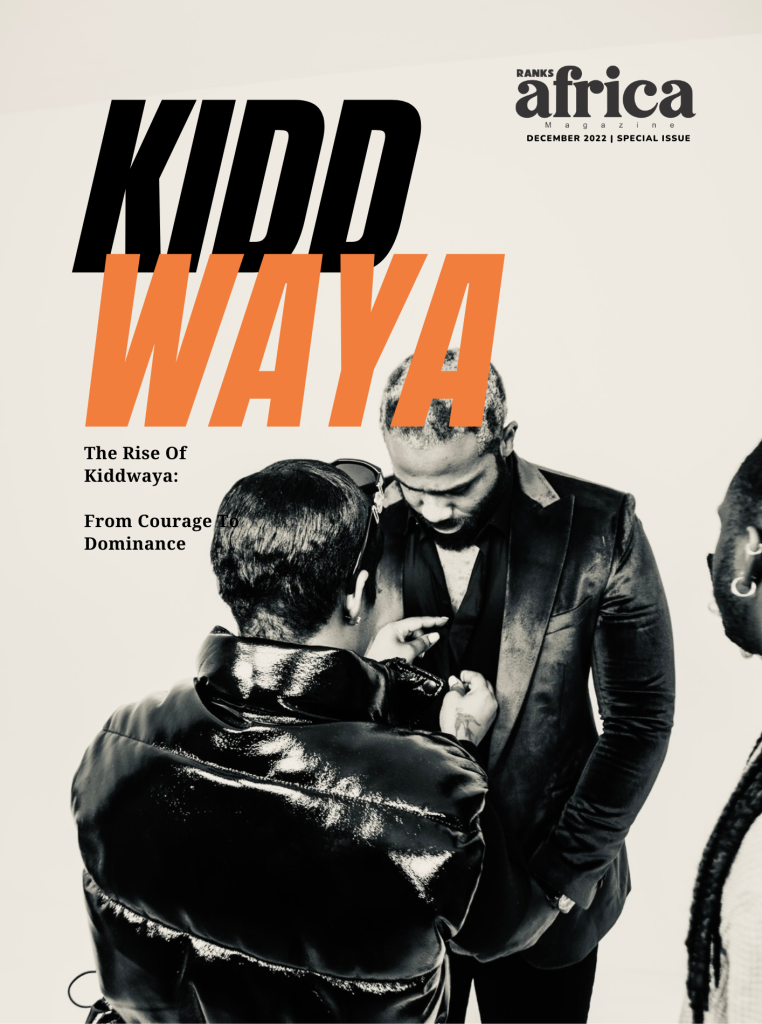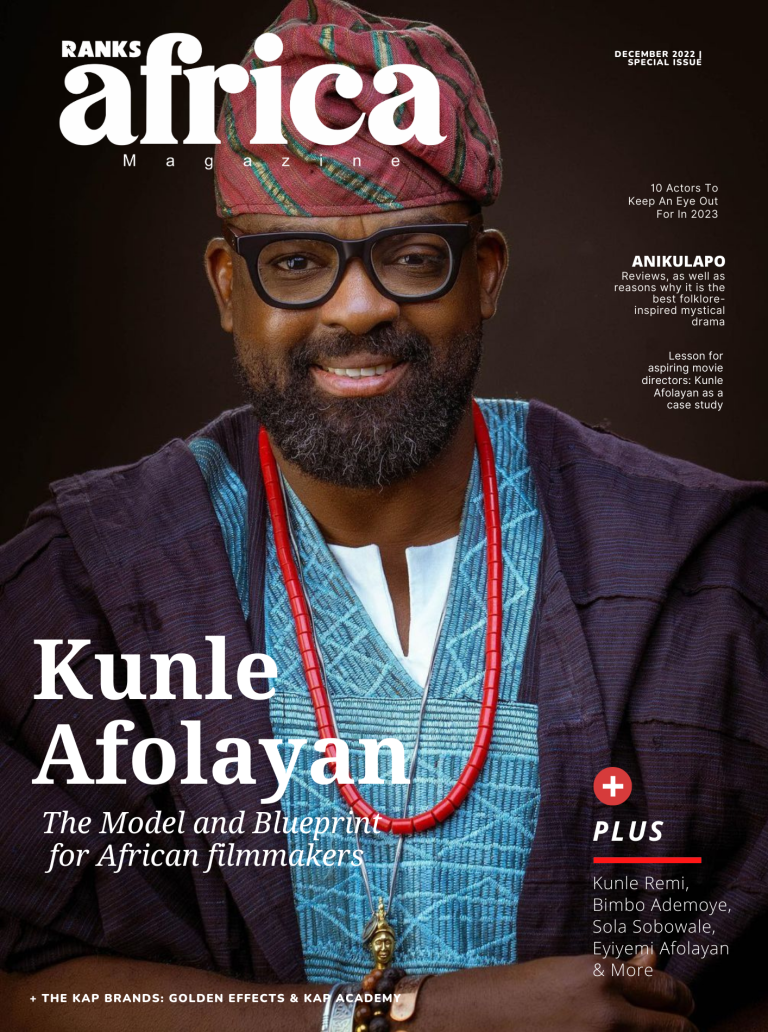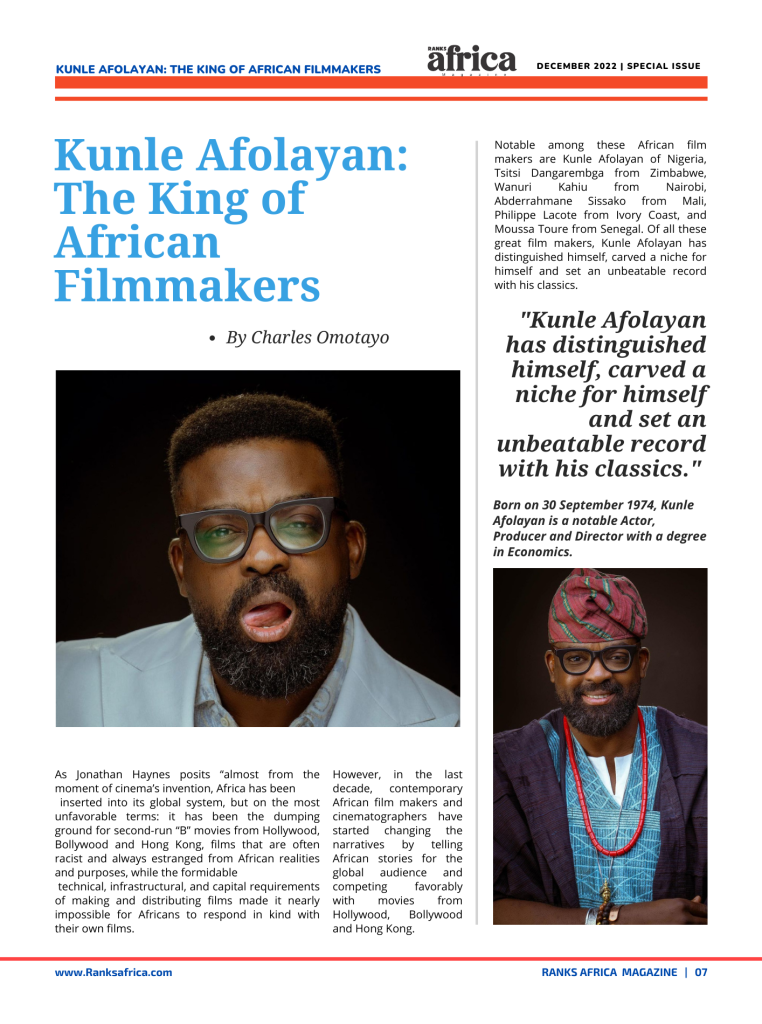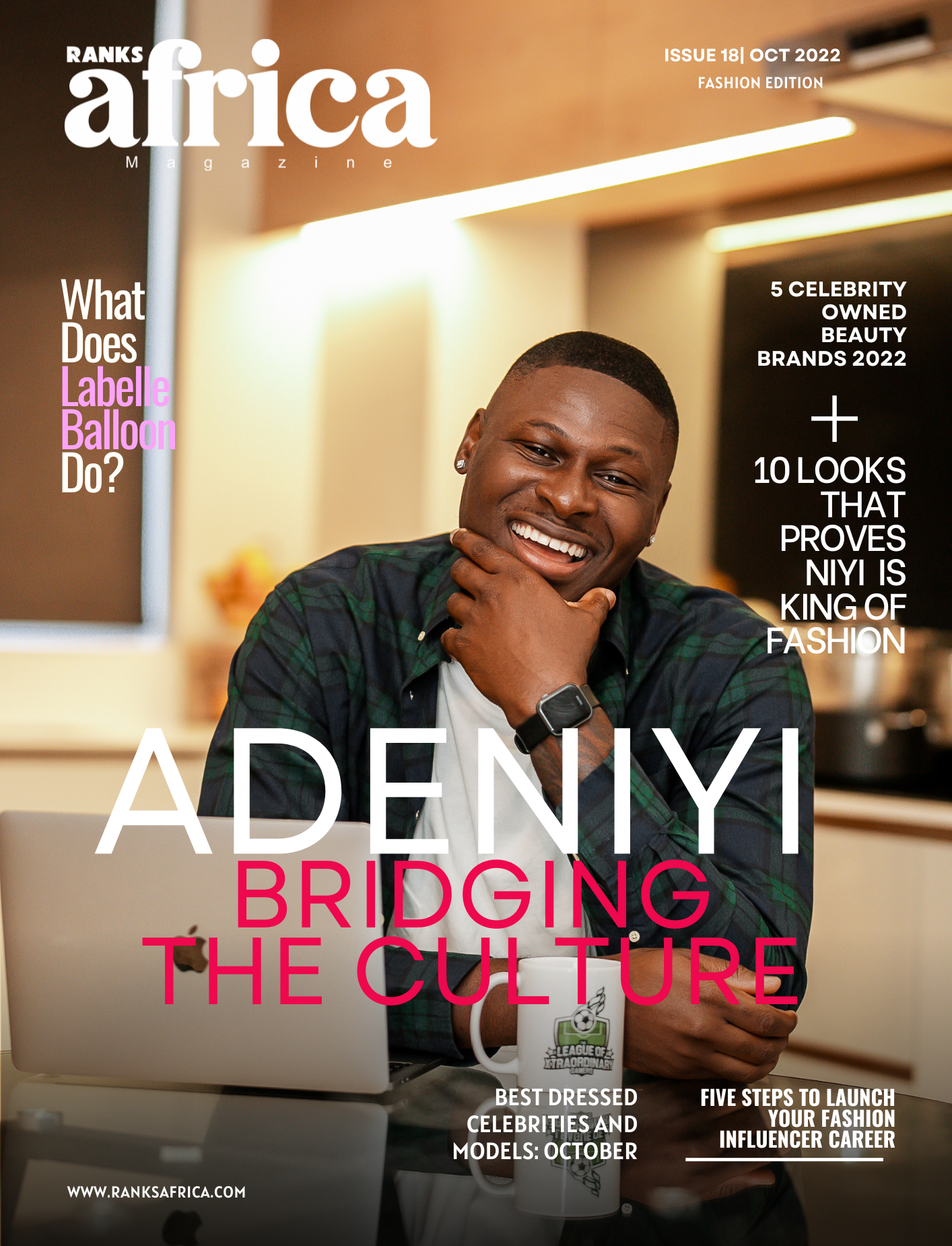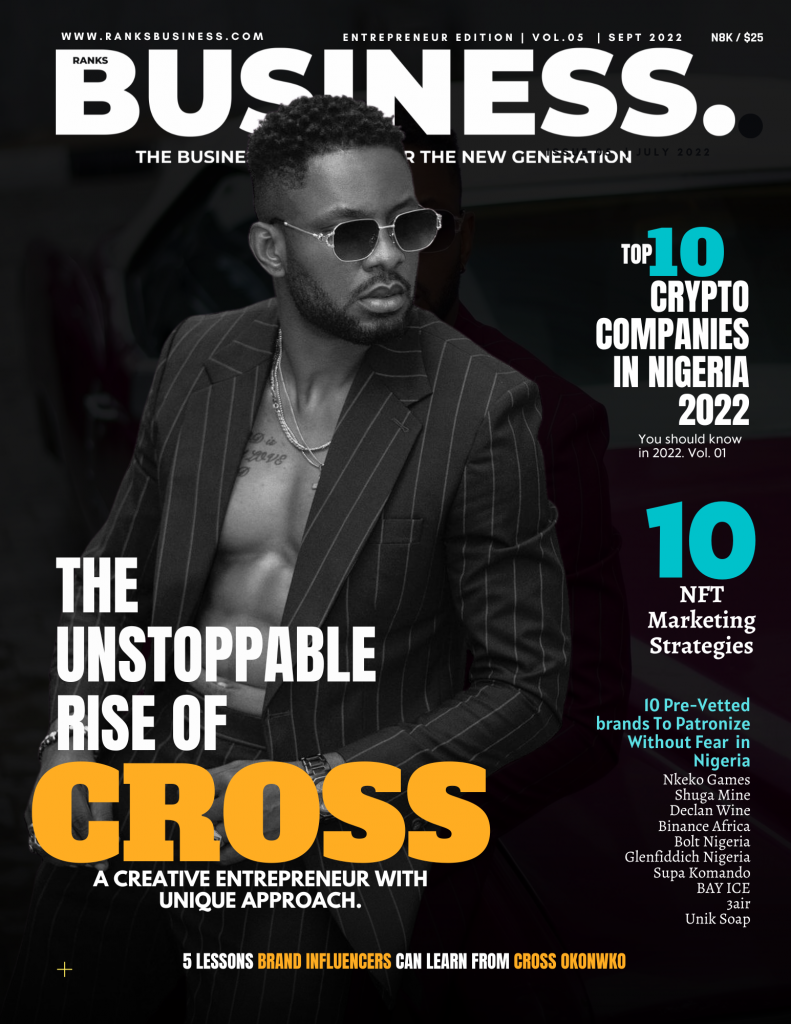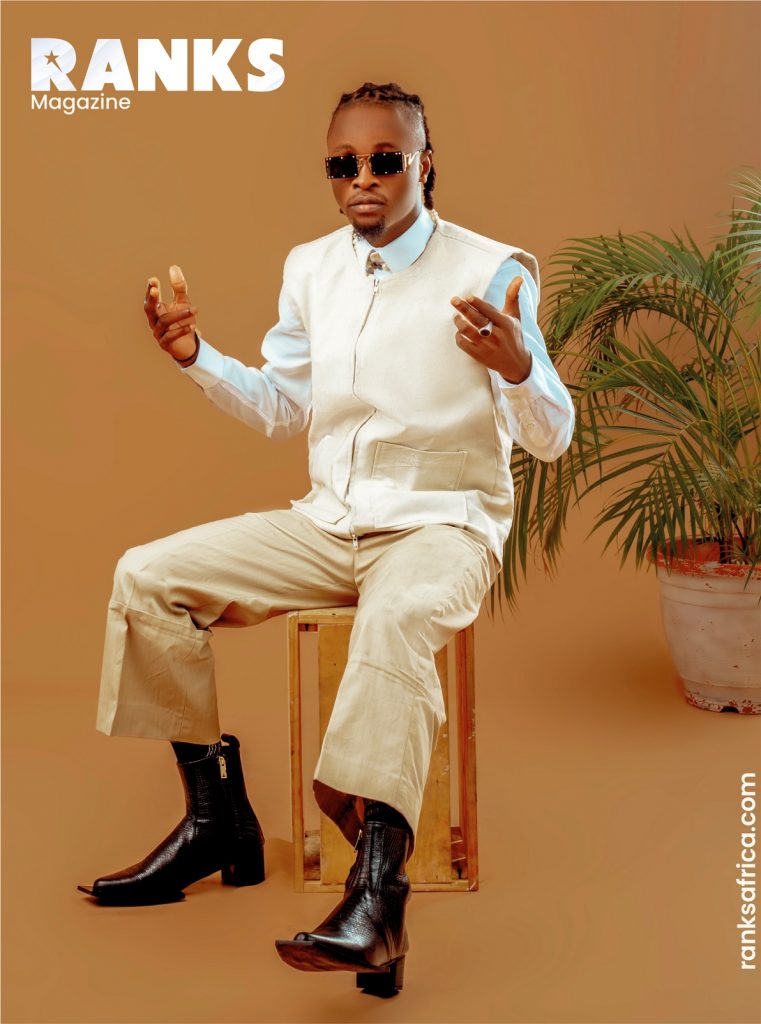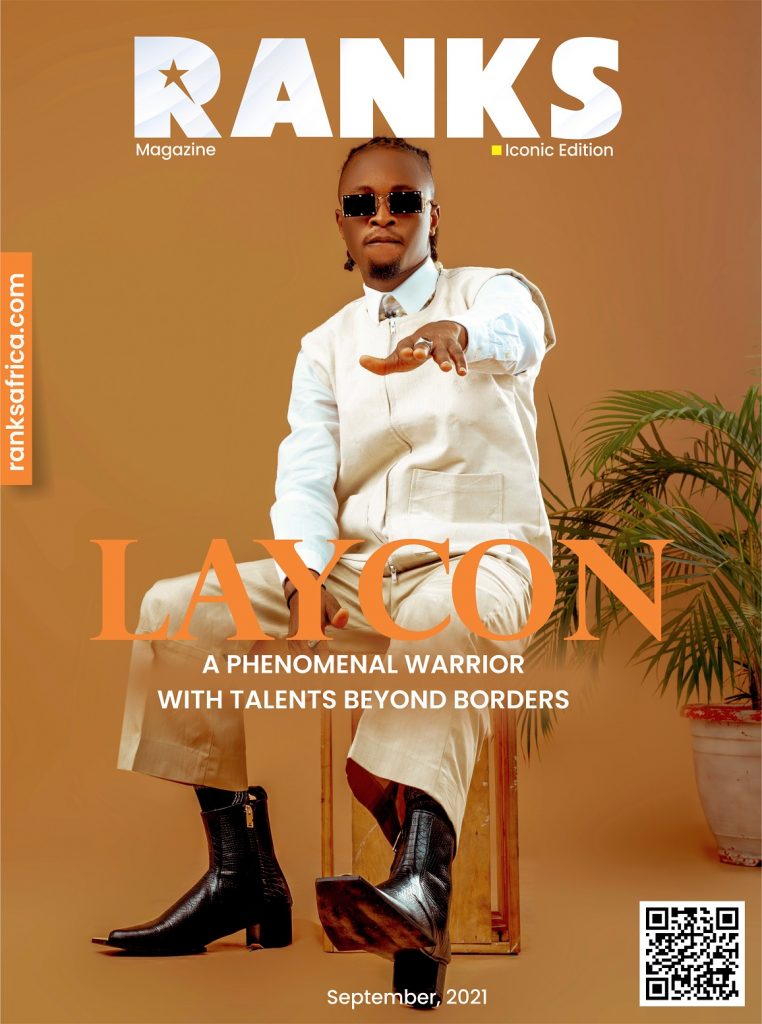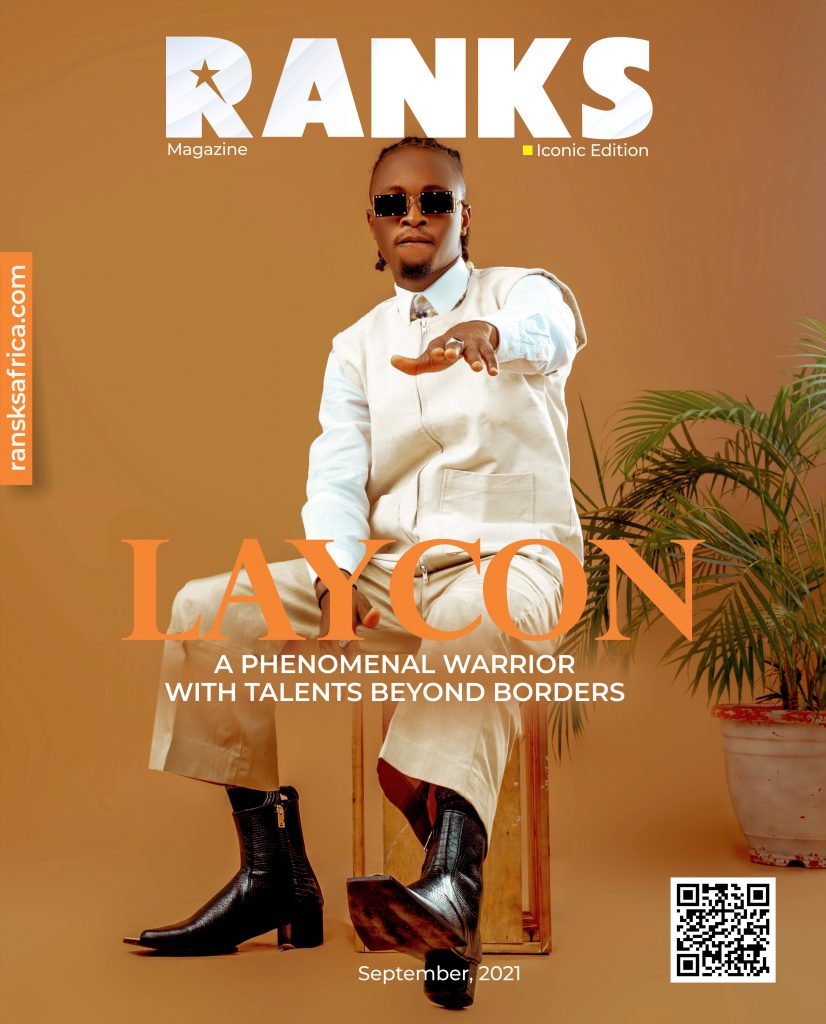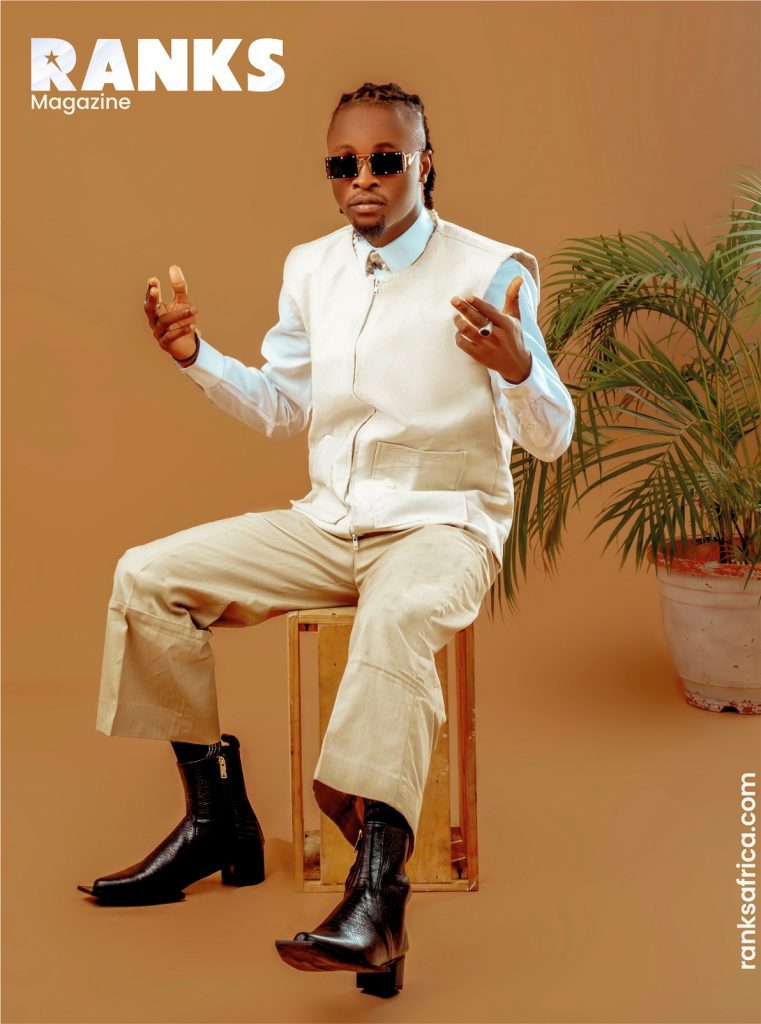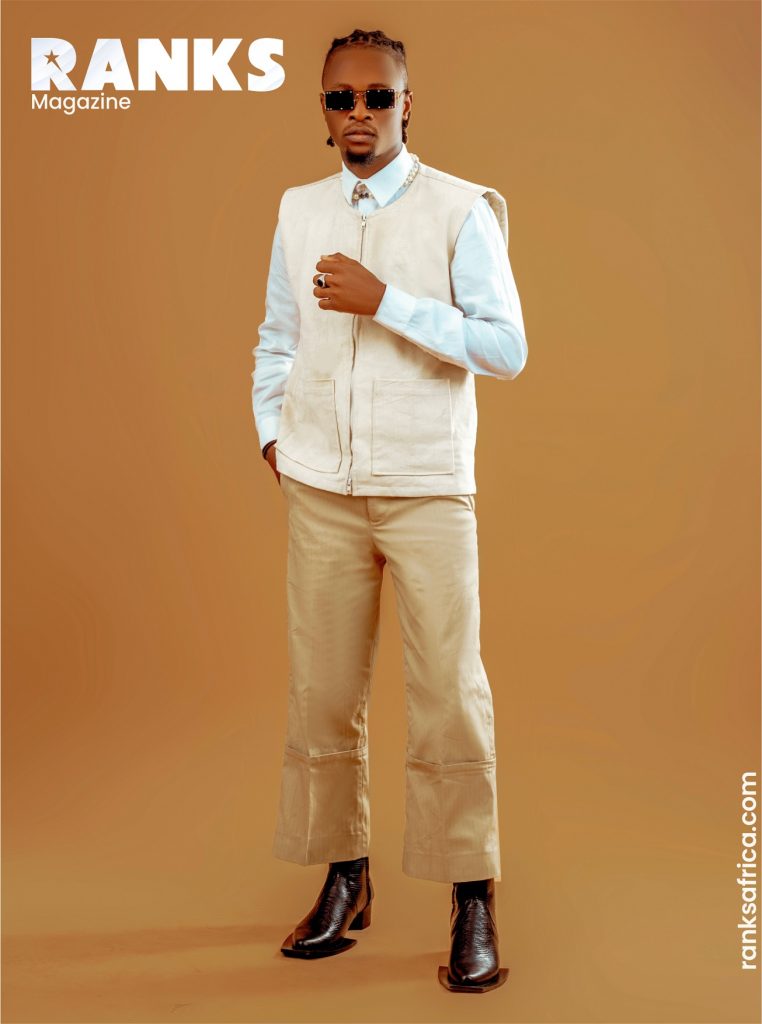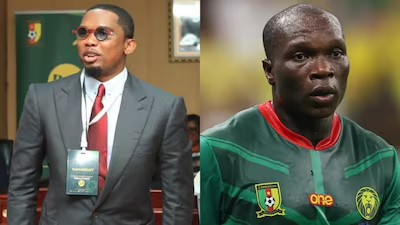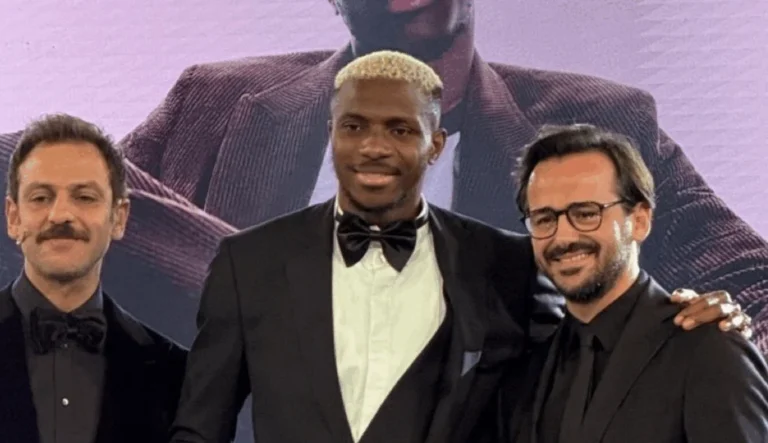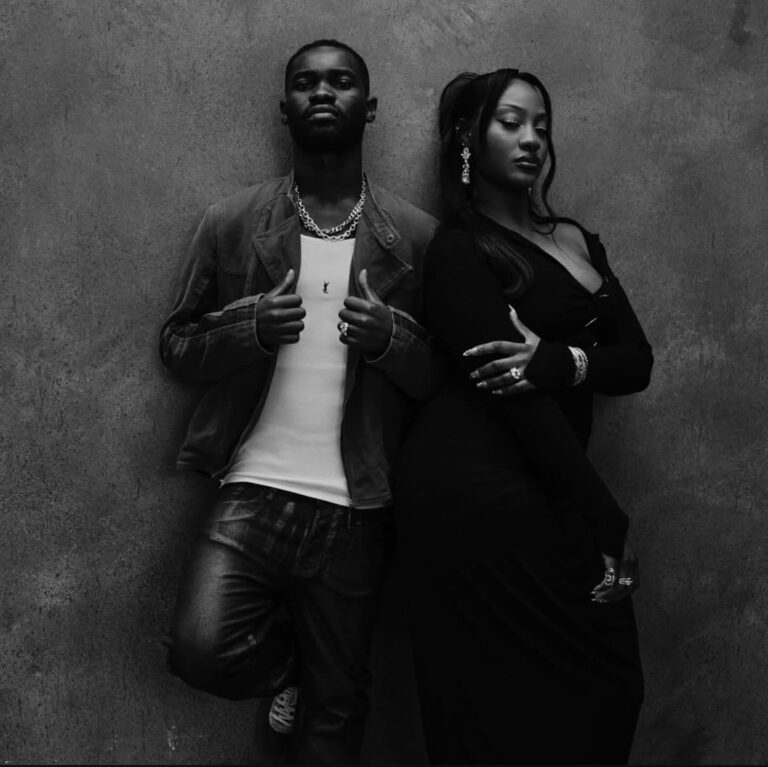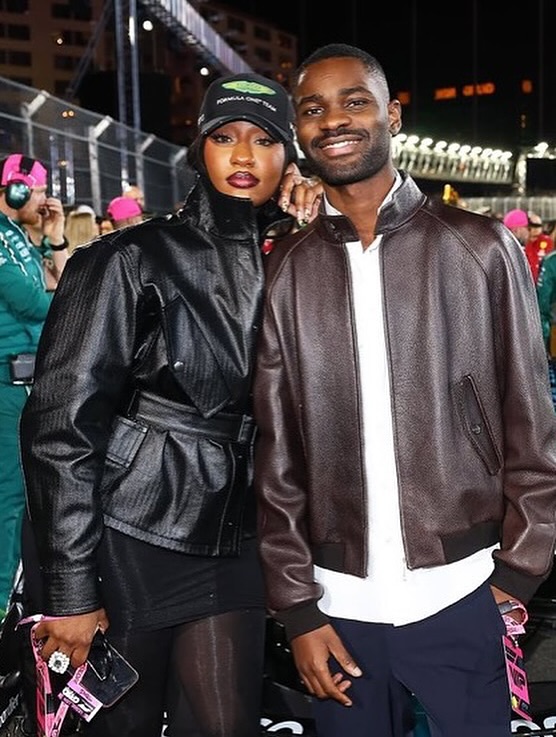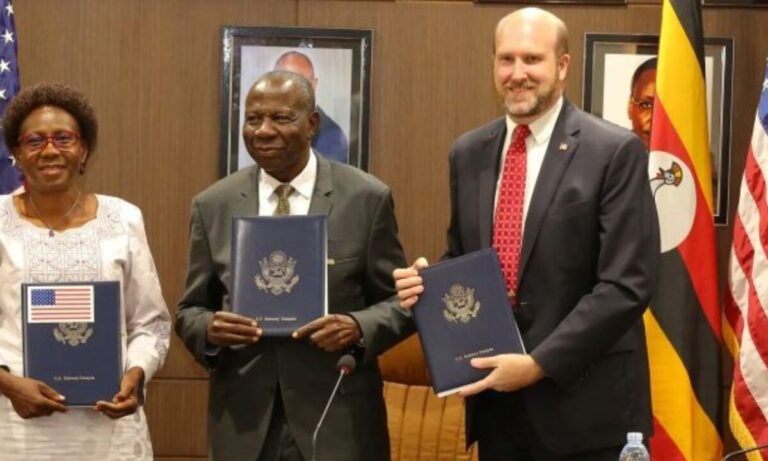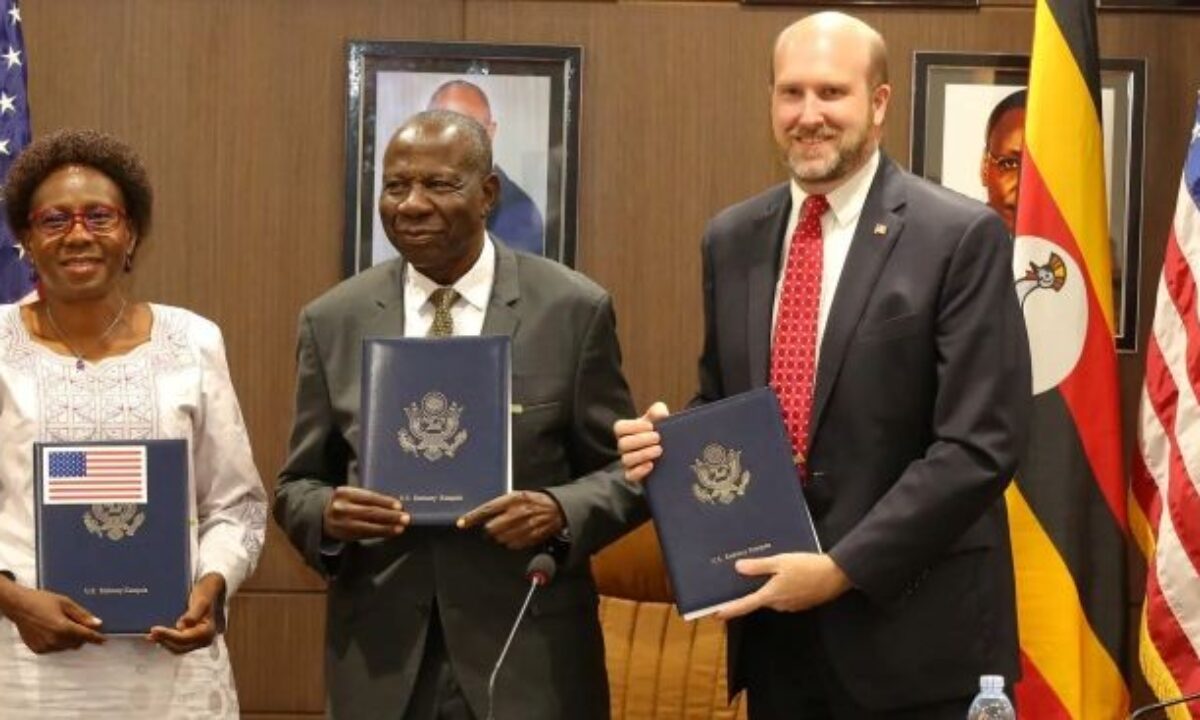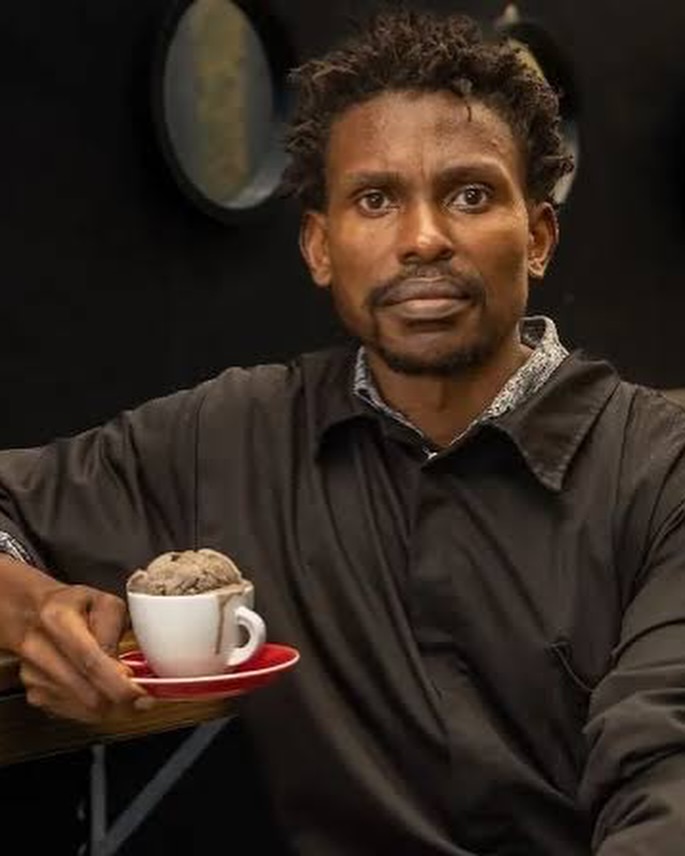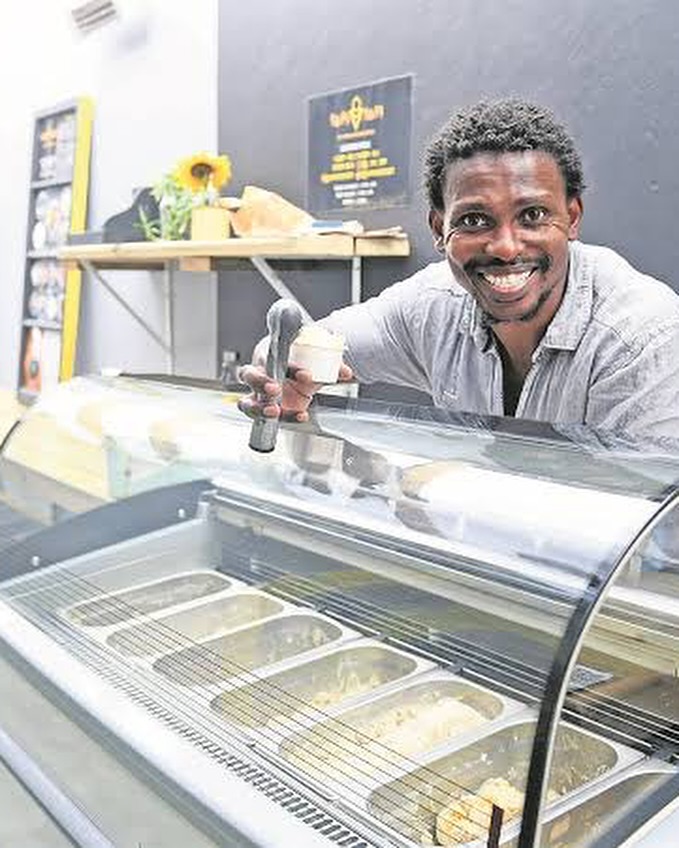Ranks Africa is proud to announce the launch of Best of the Year 2025 — a landmark initiative that celebrates excellence across People, Brands, and Industries shaping Africa’s future. [nomination link]
 From outstanding leaders and changemakers to pioneering companies and innovative industries, Best of the Year recognizes those who set the pace, inspire others, and drive impact.
From outstanding leaders and changemakers to pioneering companies and innovative industries, Best of the Year recognizes those who set the pace, inspire others, and drive impact.
What to Expect
✅ Magazine Feature – Each honoree will be spotlighted in Ranks Africa Magazine and across our digital platforms.
✅ Media Recognition – Stories will be amplified on our media platforms to reach a wider audience.
✅ Plaque Presentation – Honorees will receive a prestigious plaque as a symbol of excellence and recognition.
Nomination Details
📌 Nominations are now open for categories across People, Brands, and Industries.
📌 Closing Date: 20th October 2025
📌 Submit your nominations by filling the official form here: [nomination link]
Be part of this celebration of Africa’s finest.
Nominate today and let the world know who deserves to be named Best of the Year 2025!
People of the Year Categories
- Person of the Year
- Business Leader of the Year
- CEO of the Year
- Entrepreneur of the Year
- Innovator of the Year
- Philanthropist of the Year
- Activist of the Year
- Young Achiever of the Year
- Woman of the Year
- Man of the Year
- Influencer of the Year
- Content Creator of the Year
- Athlete of the Year
- Coach of the Year
- Artist of the Year (Music)
- Actor of the Year (Film)
- Comedian of the Year
- Writer/Author of the Year
- Journalist of the Year
- Media Personality of the Year
- Fashion Icon of the Year
- Model of the Year
- Tech Personality of the Year
- Educator of the Year
- Humanitarian of the Year
- Health Professional of the Year
- Legal Personality of the Year
🏢 Brands of the Year Categories
- Brand of the Year
- Company of the Year
- Startup of the Year
- Bank of the Year
- Insurance Company of the Year
- Investment Firm of the Year
- Fintech of the Year
- Airline of the Year
- Airport of the Year
- Hotel of the Year
- Resort of the Year
- Travel Agency of the Year
- Private Jet Company of the Year
- Restaurant of the Year
- Real Estate Company of the Year
- Construction Company of the Year
- Interior Design Brand of the Year
- Property Developer of the Year
- Manufacturing Company of the Year
- Automobile Brand of the Year
- Electric Vehicle Brand of the Year
- Auto Parts Manufacturer of the Year
- Technology Brand of the Year
- Telecom Brand of the Year
- Media Brand of the Year
- Entertainment Brand of the Year
- Record Label of the Year
- Production Company of the Year
- Fashion Brand of the Year
- Beauty Brand of the Year
- Luxury Brand of the Year
- Clothing Brand of the Year
- Watch Brand of the Year
- Bag Brand of the Year
- Shoe Brand of the Year
- Jewelry Brand of the Yea
- Sportswear Brand of the Year
- Furniture Brand of the Year
- Electronics Brand of the Year
- Beverage Brand of the Year
- Food Brand of the Year
- Alcohol Brand of the Year
- Skincare Brand of the Year
- Haircare Brand of the Year
- Fragrance Brand of the Year
- Wellness Brand of the Year
- Fitness Brand of the Year
- Educational Institution of the Year
- Online Learning Platform of the Year
- NGO of the Year
- Event of the Year
- Musical Festival of the Year
- Cultural Festival of the Year
- Islamic Bank of the Year
- Mobile Banking App of the Year
- Digital Wallet of the Year
- Fintech of the Year
- Neobank of the Year
- Logistics Company of the Year
- Supply Chain Company of the Year
- Energy Company of the Year
- Oil & Gas Company of the Year
- Renewable Energy Company of the year
- Accounting Firm of the Year
- Cybersecurity Brand of the Year
- EdTech Company of the Year
- HealthTech Company of the Year
- AgriTech Company of the Year
- App of the Year
- Streaming Platform of the Year
- AI Company of the Year
- Blockchain Startup of the Year
Governance Categories
- Governor of the Year
- Minister of the Year
- Senator of the Year
- House of Representative Member of the Year
- State House of Assembly Member of the Year
- Local Government Chairman of the Year
- First Lady of the Year





